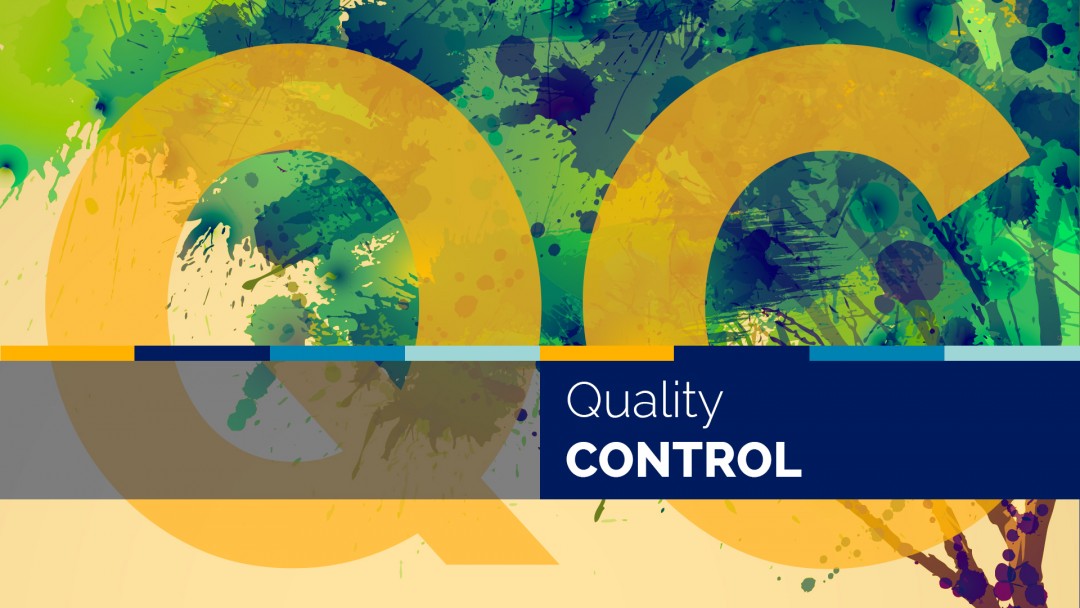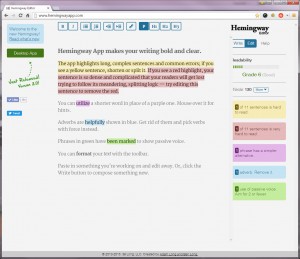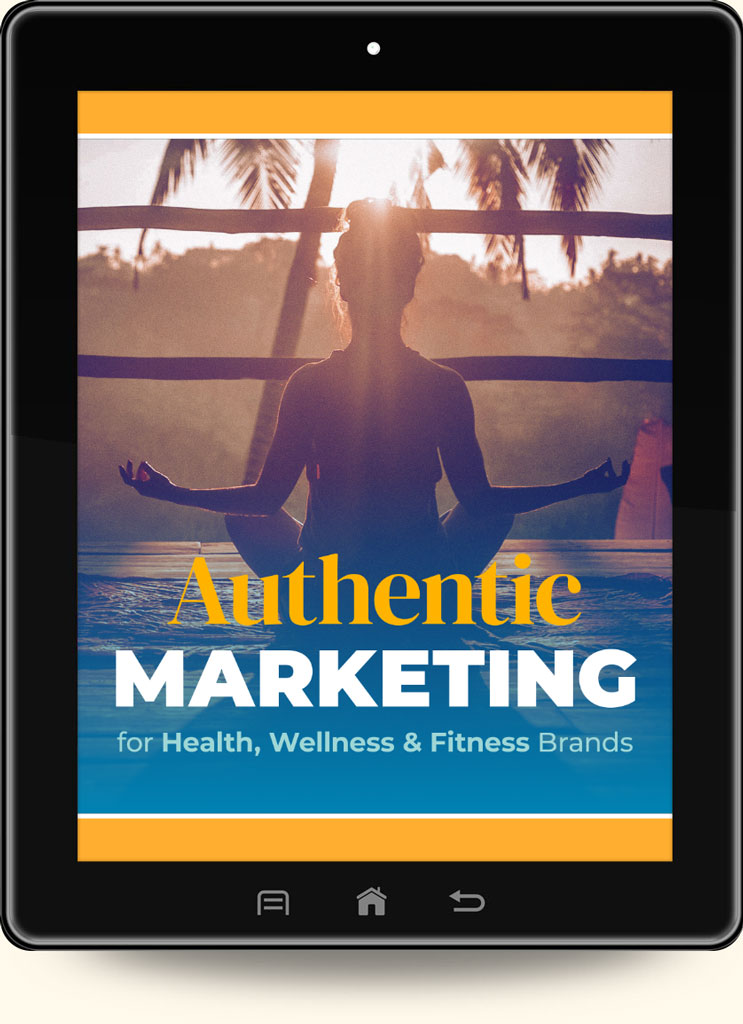When should you edit your work?
Editing your work doesn’t feel good. But it’s a necessary evil in the creative process. After you’ve worked hard creating, your reward is another task: quality control. Just another part of a healthy creative workflow. Personal quality control is how you get better. It improves craftsmanship. Quality control leads to a job well done.
But there’s a problem with editing your own work. It’s a slippery slope from editing to scrutiny. Scrutiny and creativity don’t mix. A critical eye can bring your output to a halt. The trick is to know when to edit. Proper editing doesn’t impede creativity. It guides the process and gives you the confidence to move forward.
Quality control between tasks
Quality control works best as an ongoing process. Fine adjustments over time lead to better results than big adjustments at the end. Chunking quality control down to smaller tasks keeps it manageable and effective. The trap is getting wrapped up in editing and tweaking. You lose creative momentum when you’re tweaking.
Most creative projects give you natural opportunities to check your work. That’s when you edit. Think of editing as a gate. If something isn’t good enough, it doesn’t make it through your gate. That’s the essence of ongoing quality control. It’s a balancing act. Two creative steps forward, one edited step back.
“By the time I am nearing the end of a story, the first part will have been reread and altered and corrected at least one hundred and fifty times. I am suspicious of both facility and speed. Good writing is essentially rewriting. I am positive of this.” — Roald Dahl
The final 10%
Ongoing quality control gives you the best results. But it doesn’t hurt to have some dedicated QC at the end of a project. Setting aside extra time for final edits is good practice. If you’re looking for polished results, reserve the last 10% for revisions and rework.
I’m often tempted to edit my writing as I go. But I wait until I’m finished with a rough draft. Then I edit. It doesn’t make sense to start editing before I’m done writing. That would be tweaking.
Speaking of tweaking, I recently stumbled upon a web app called the Hemingway Editor. It makes your writing bolder and clearer. Paste your text into the app and it analyzes the strength of your writing. It highlights difficult sentences and complex phrases. It also helps you remove unnecessary adverbs and the passive voice.
The Hemingway Editor is a finishing tool. It doesn’t make me a better writer or more creative. It helps me edit. I use it at the end when I’m done writing. It’s the first step in my process of rewriting. And rewriting moves me closer to a job well done.








